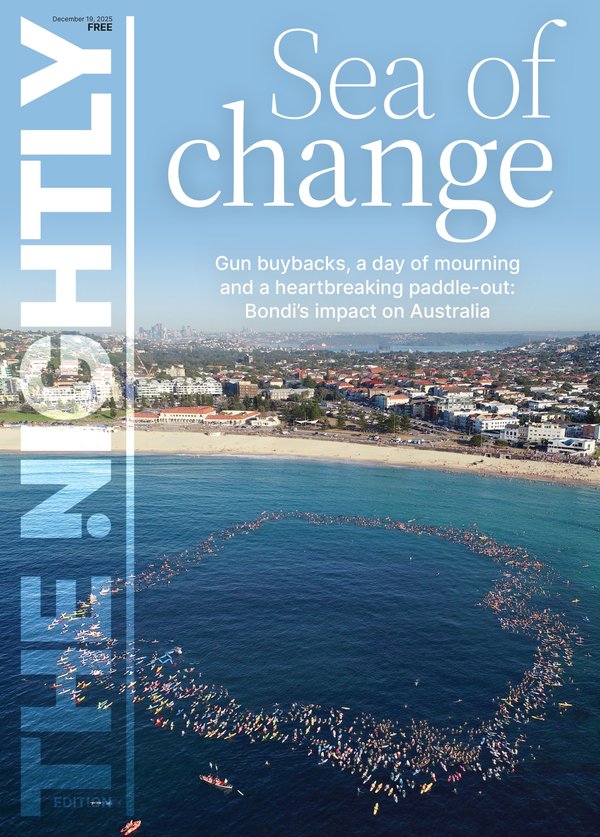Age limits on social media sites a 'trap', inquiry told

Age verification for young people on social media is a “trap” set by tech companies to avoid regulation in other areas imposed on their platforms, advocates have warned.
A parliamentary inquiry into the impact of social media on society has heard placing limits on the age a person is able to sign up to platforms like Facebook, X or TikTok would not make the sites any safer.
Research organisation Reset Tech Australia’s director Rys Farthing told the inquiry despite pressure for age-assurance technology to be put in place, it was playing into the hands of the platforms.
Sign up to The Nightly's newsletters.
Get the first look at the digital newspaper, curated daily stories and breaking headlines delivered to your inbox.
By continuing you agree to our Terms and Privacy Policy.“It’s (the platforms’) playbook to start talking about age verification the moment we talk about any particular safety enhancements or safety standards that could be implemented for kids and I think it’s a bit of a trap,” Dr Farthing said.
“There are multiple regulatory reforms that we could put in place that would fundamentally transform the digital architecture for young people without requiring age assurance, but it’s the only thing that tech wants us to talk about.”
The federal government provided $6.5 million in May’s budget for a pilot program for age-assurance technology, amid calls by some including the opposition to introduce such protections.
The technology would be developed to stop children from accessing content online like pornography.
Opposition Leader Peter Dutton had vowed to ban children under 16 from accessing social media, should the coalition win the next election, by putting in age-verification measures.
But Dr Farthing said regardless of age restrictions, dangerous content would still remain on the platforms.
“The platforms will still be unsafe when someone turns 13 or 16 and they’re able to legitimately use a platform, and platforms will still carry illegal content or content that violates their guidelines,” she said.
“I’d still like to see (young people) use a digital architecture to use social media platforms that are safer, rather than just prohibiting (them) from using it until (they) are 16.
“We’ve actually got to change the way platforms work, we’ve got to change the architecture that’‘s available to young people, rather than just thinking about how do we verify them.”
The inquiry also heard online privacy laws in Australia had failed to address social media use.
Chair of Digital Rights Watch Lizzie O’Shea said additional measures were needed to properly protect users.
“It is quite clear now that our laws are four decades out of date,” she said.
“The result is that the data-extract business models that have been allowed to proliferate online have come at significant expense to Australian society ... micro-targeting makes online life dangerous for many Australians.”
